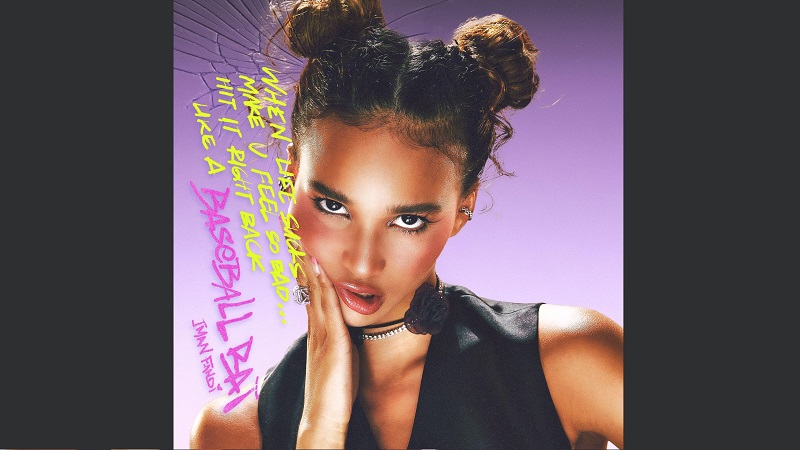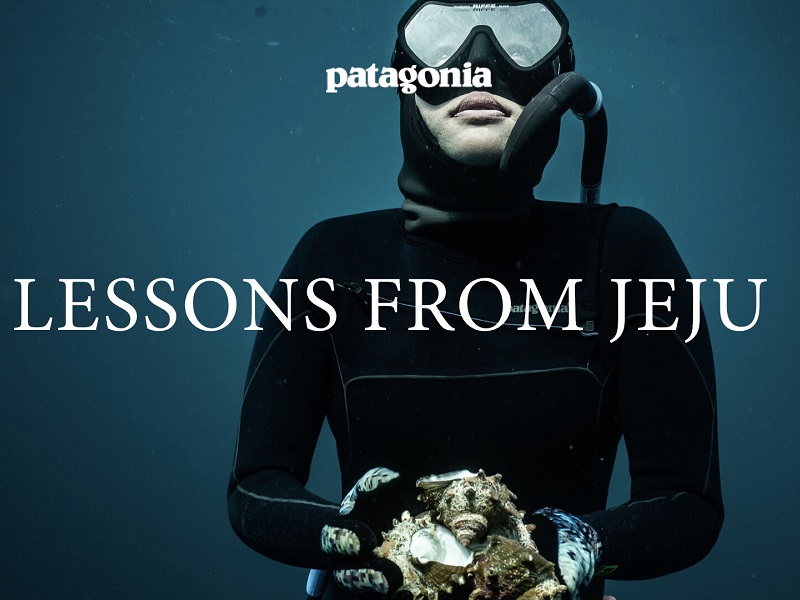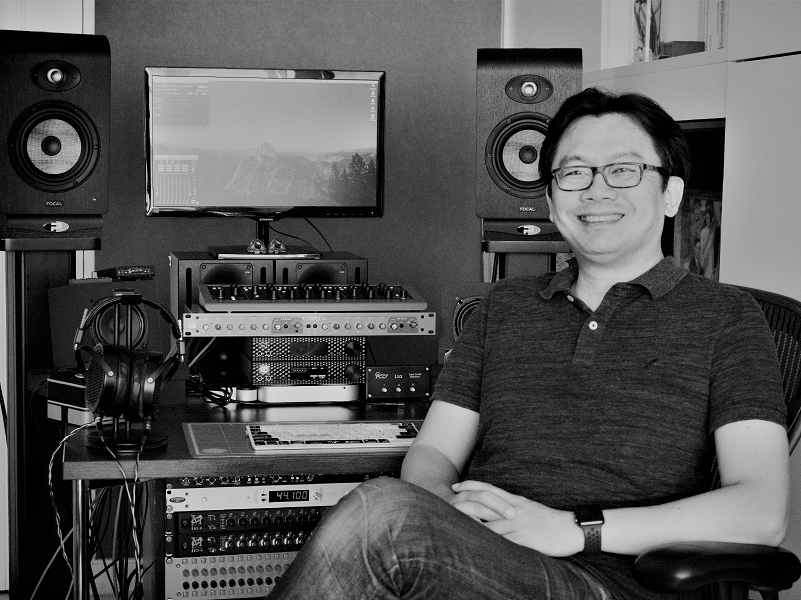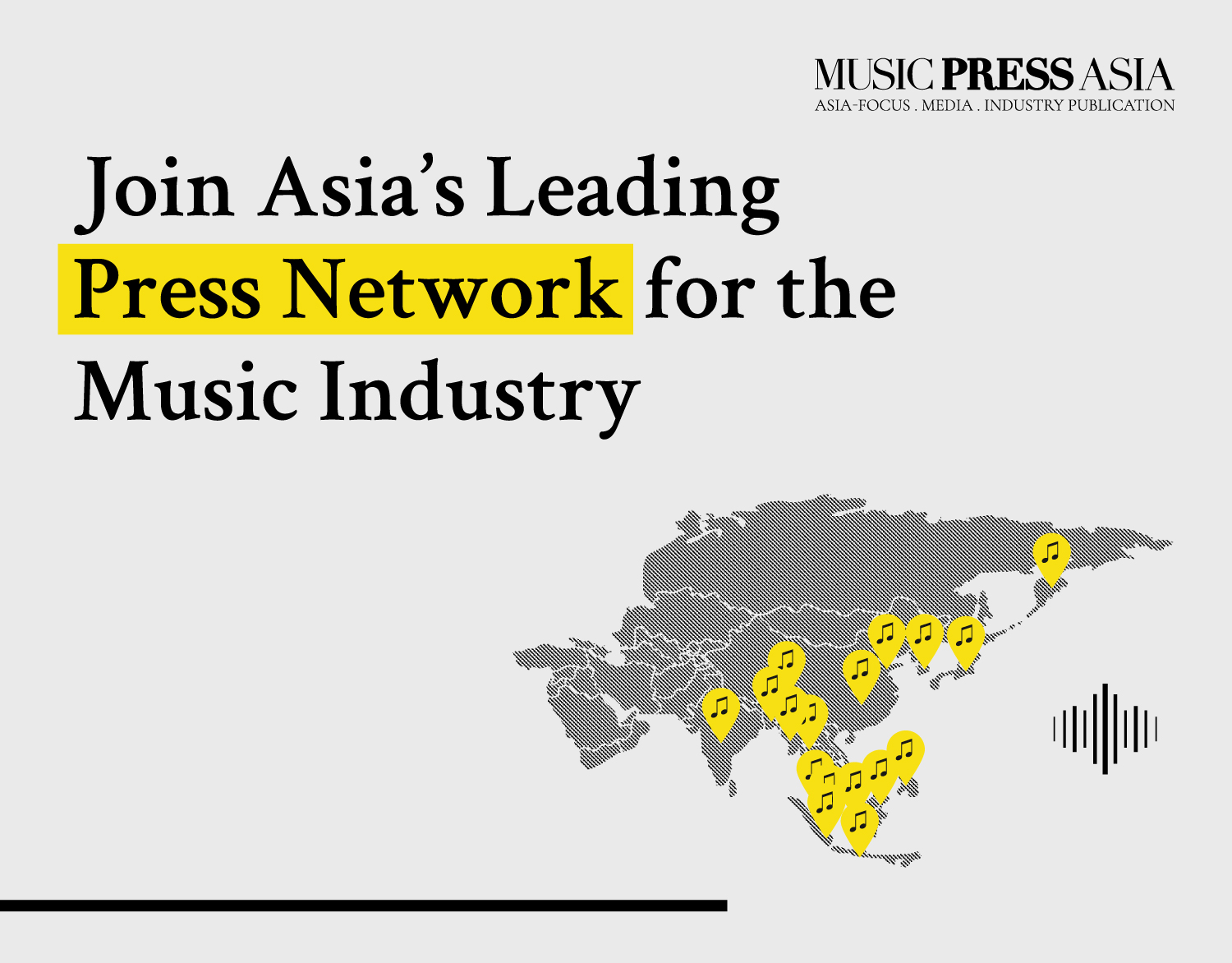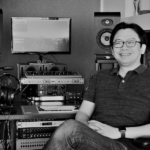Interview With John Switzer, Seneca Music
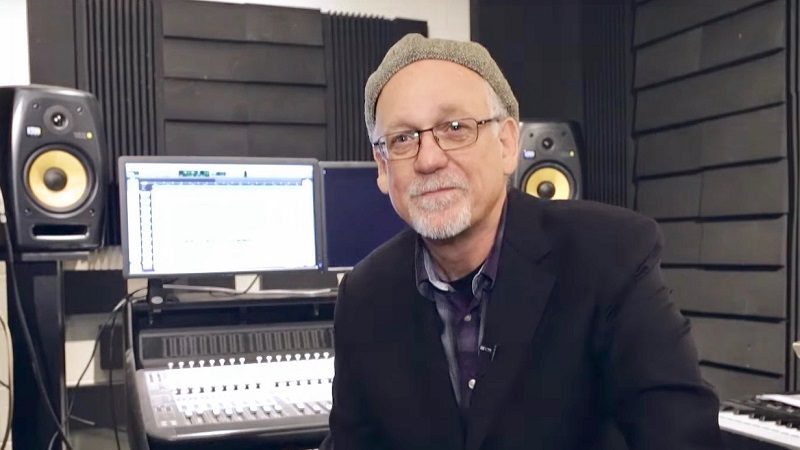
John has produced over 50 records and has been involved in many more as a musician or engineer. He has gold records and numerous awards and nominations to his credit. Throughout the 1980s, John performed, toured, and produced with singer-songwriter Jane Siberry. While he has focused primarily on studio production since then, he remains active as a performing and recording musician. John has been involved with the Independent Music Program since its inception in 2004, and has been the program coordinator since 2007.
His passion goes beyond just creating music, and he now plays a leading role in developing programs at Seneca Music, while tutoring its music production classes. Here, John gives a sneak peek into the professional life of a music producer; with insights into working with the up-and-coming songwriters and music producers of today.
PART I: INTRODUCTION
Q1: Hi John! What a great opportunity to have you here at Music Press Asia. How has your week been?
We are wrapping up the final week of the Semester at the moment, so things are very busy, and a little bit hectic, but otherwise all is good!
Q2: Here’s a coffee cup question to start: Before Seneca, what were you doing professionally?
Prior to starting at Seneca, I was a full-time musician and record producer. I began as a player, electric bass primarily, performing and touring with various bands, but gradually moved more and more towards the recording studio. I am now full-time at Seneca, and that keeps me very busy, but I perform live and take on a production project or two every year. I still love to play, and I love the process of making records!
Q3: How did you get involved with starting Seneca Music and what roles do you play apart from being a tutor?
A drummer friend of mine taught at Seneca. When he heard that a new music program was being proposed, he recommended me to Michael Smith, the originator of the program. Michael then got in touch to see if I’d be interested in helping to develop the curriculum. Once everything was up and running, I started out teaching a single studio production course. Over the next few years, I gradually added some additional teaching, and was eventually asked to take over as Program Coordinator when Michael stepped down.
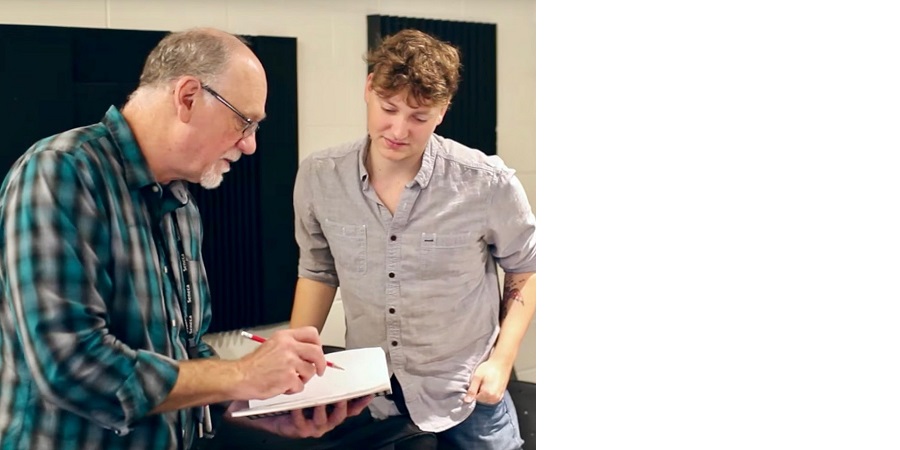
PART II: INDUSTRY
Q4: As a producer yourself, how do you think demand in music changed over the last decade or years?
Music has always been in demand. It has been and remains a hugely important part in most people’s lives. What has changed has been supply, not demand: there is so much music available now, maybe too much? It is arguable whether this has diminished the quality of music, but I do think that it has diminished the value of music for some people, in terms of what they are willing to pay for it.
Q5: Are we more creative than ever? In your opinion, how has music production today evolved creatively?
Thankfully, creativity is thriving. And the good news is that now every creative person has the ability to produce their own music. The means of production, once expensive, and therefore limited to only a few, are now available to everyone with a phone or a computer. The barriers to recording music have been lowered, if not removed. While this may result in a lot of poor-quality music being released, it also means that many incredibly creative and talented people, who might not have been heard in an earlier era, are able to produce and release their music independently. They don’t need to be curated and directed and approved by the music industry, so their creativity can develop fully and freely.
Q6: With greater access to production gear and a growing interest to compose, we are seeing a larger catalogue of music more than ever being produced in this time in history. How do songwriters and producers compete in today’s music commercial scene?
Yes, that’s the downside to everyone being able to produce their own music: it’s easy to distribute it, but very difficult to get it noticed. How do you get your music to stand out from the thousands of other songs being released each day? It has to have something special and unique. Don’t copy trends, and don’t try to sound like someone else. Find and develop your own sound… that’s why creativity is the most important quality.
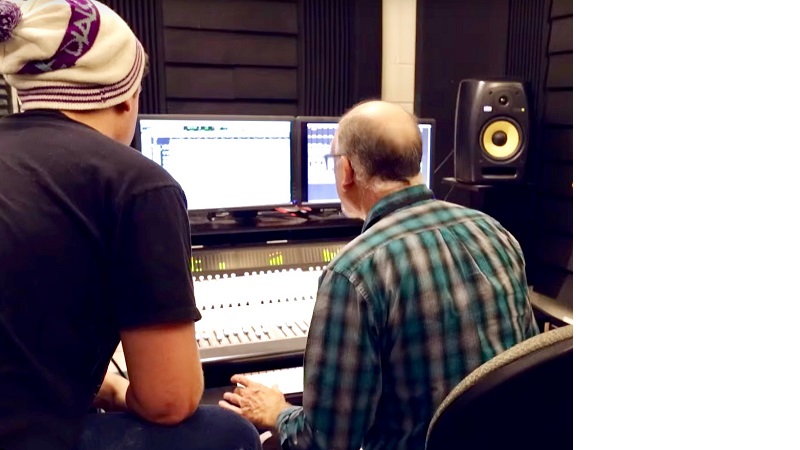
Q7: What stands out in a good song or music composition? (or what does a potentially amazing song sound like?)
Of course, I don’t know the answer to this question in specific terms… If I did, I could write a hit song on demand! But in general terms, I would say there are some essential qualities required: originality, energy, authenticity, excitement, relatability…
PART III: AT SENECA MUSIC
Q8: What genre should I focus on if I were to pick a genre to write in?
We have two music programs at Seneca: Independent Music Production (IMP) and Independent Songwriting and Performance (IPS). Both are geared towards independent artists in the popular music fields. Genre is not important, only talent and creativity. We try to get a good balance of musicians from many different styles in each class. We have had students with backgrounds in Pop, R&B, hip-hop, rock, folk, country, metal, Reggaeton and many other genres. We encourage inclusivity and collaboration.
Q9: How can the course(s) at Seneca help me become a better composer/producer/songwriter?
Assuming you have a high degree of talent and creativity coming into the program (there is an audition component to the application process) you will have an opportunity to hone and develop your songwriting abilities; learn the technical and production skills to record and mix your music, and gain a good understanding of the business side, so that you can effectively distribute, market and promote your music. The goal is to learn the skills needed to become a successful independent artist, to make a living doing what you love.
Q10: What are schedules like at Seneca Music this time of year? And how and when should I apply? What are the prerequisites?
Both of our courses are 1-year (2 Semesters) Certificate programs. The IPS Program runs once a year, starting in September. The IMP Program has 3 intakes per year: September, January, and May. The only prerequisites (other than Canadian Grade 12 English equivalency) are talent and creativity. Applicants for both programs must submit a music demo or video showcasing their original compositions and vocal and lyrical ability. Only 20 students are selected for each intake, so we are able to select those we consider to have the highest level of talent coming in.
Applicants must apply through www.ontariocolleges.ca
(Unfortunately, we are currently only open to Canadian domestic students.)
For more information, go to: https://www.senecacollege.ca/music
And feel free to reach out to me at: john.switzer@senecacollege.ca
Q11: Do you have anything to add?
Thank you very much for your interest in Seneca Music!

